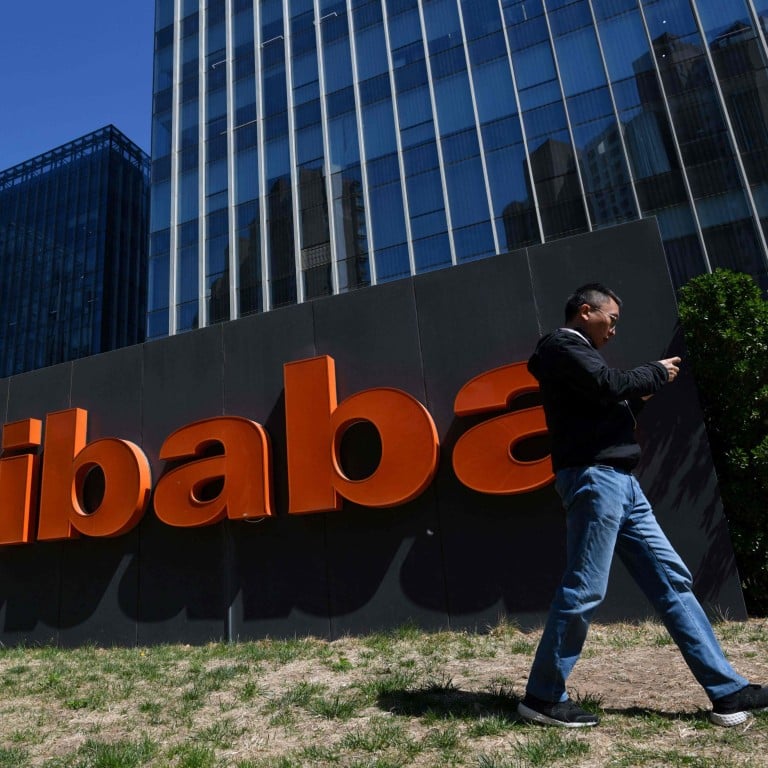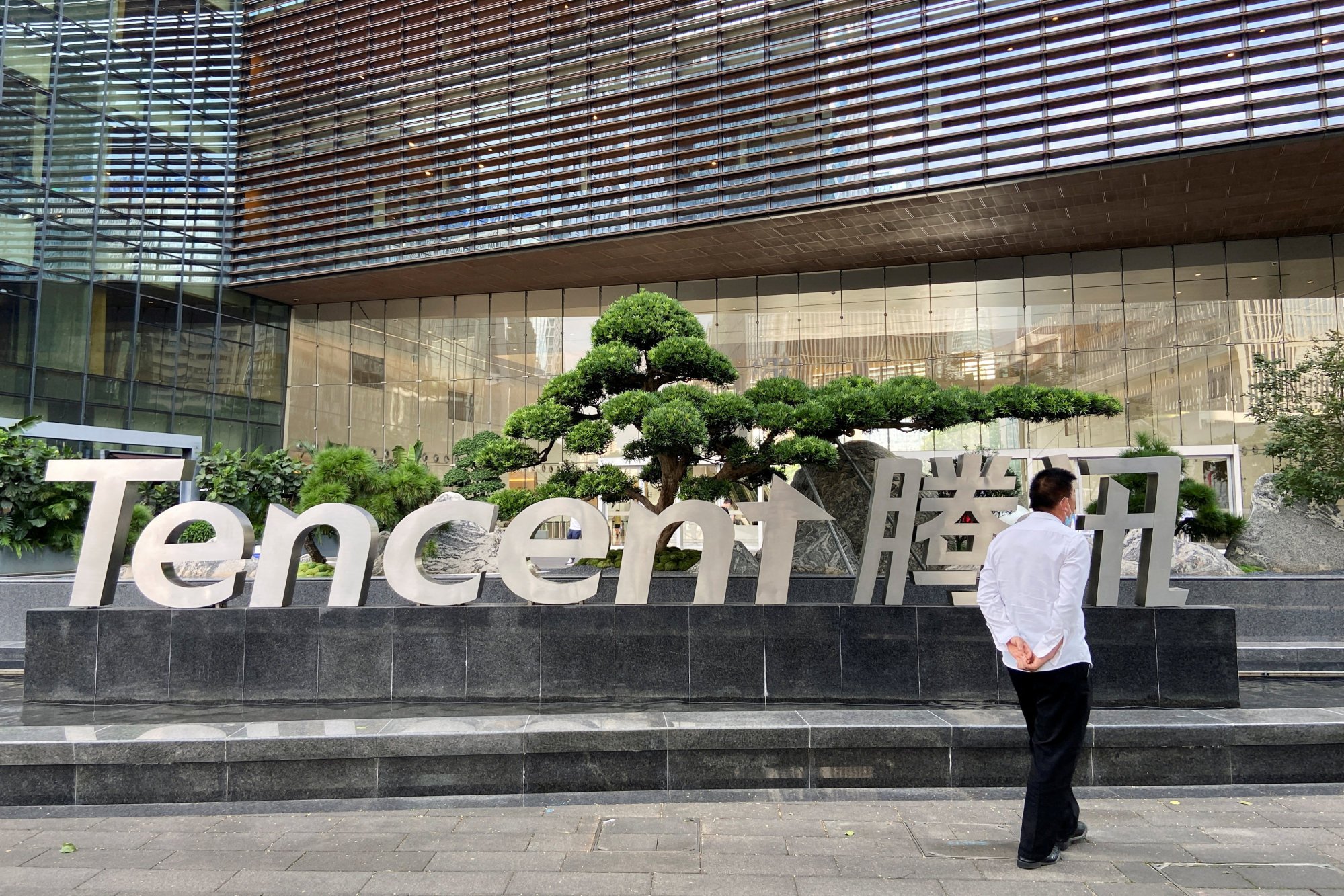
Alibaba’s Taobao and Tmall to fill 2,000 new job openings for fresh graduates as Chinese Big Tech firms seek new growth
- The e-commerce giant’s latest recruitment effort forms part of its overall plan to add 15,000 employees this year
- Tencent also says it plans to hire for a large number of jobs covering artificial intelligence, cloud computing, robotics and industrial internet
The unit, one of six major business groups under Alibaba, is looking for fresh graduates to fill roles ranging from engineering to algorithms and data in places including its hometown Hangzhou, as well as Beijing, Shanghai, Nanjing and Guangzhou, the company said in a statement.
The recruitment effort forms part of an overall plan by Alibaba, owner of the South China Morning Post, to add 15,000 employees – including 3,000 fresh graduates – across the company this year.
The tech giant’s return to active hiring follows noticeable cuts in its payroll. Alibaba had 228,675 employees as of the end of June, down 6,541 from the end of March, according to its latest earnings report.
The Shenzhen-based firm had 104,500 employees at the end of June, a decline of 6,200 from a year ago, its financial statements showed.
Chinese tech giants, which had been under intense regulatory scrutiny over the past few years as Beijing moved to curb the “irrational expansion of capital” and pursue “common prosperity”, now plays an important role in absorbing some of the estimated 11.5 million university graduates who left school this summer.
The government’s crackdown on the internet industry had seen trillions of dollars wiped off company valuations and thousands of jobs eliminated. But as economic headwinds mounted, Beijing’s attitude took a big turn in late 2022, as it began to highlight the positive value that internet platforms can bring to the country.

That high-profile endorsement was followed by a friendly meeting between Chinese Premier Li Qiang and representatives from major tech companies, including Alibaba Cloud founder Wang Jian and Xiaohongshu founder Qu Fang.
With Beijing easing its control over Big Tech, several other tech firms have also expanded recruitment.


